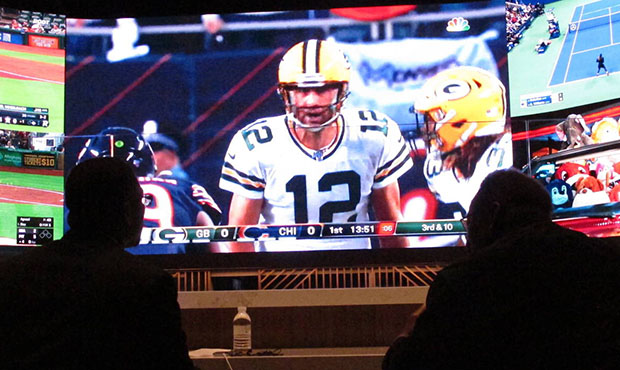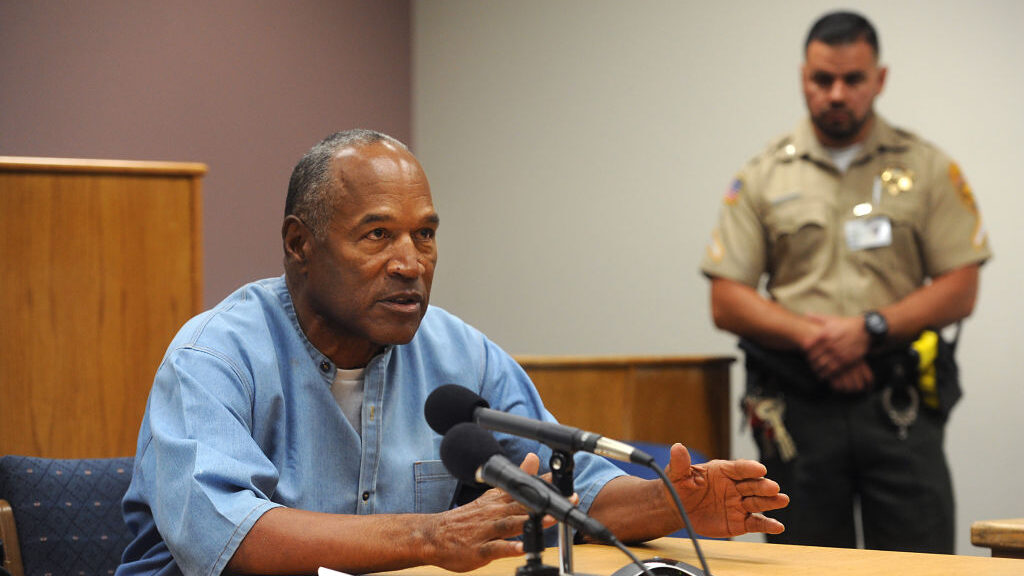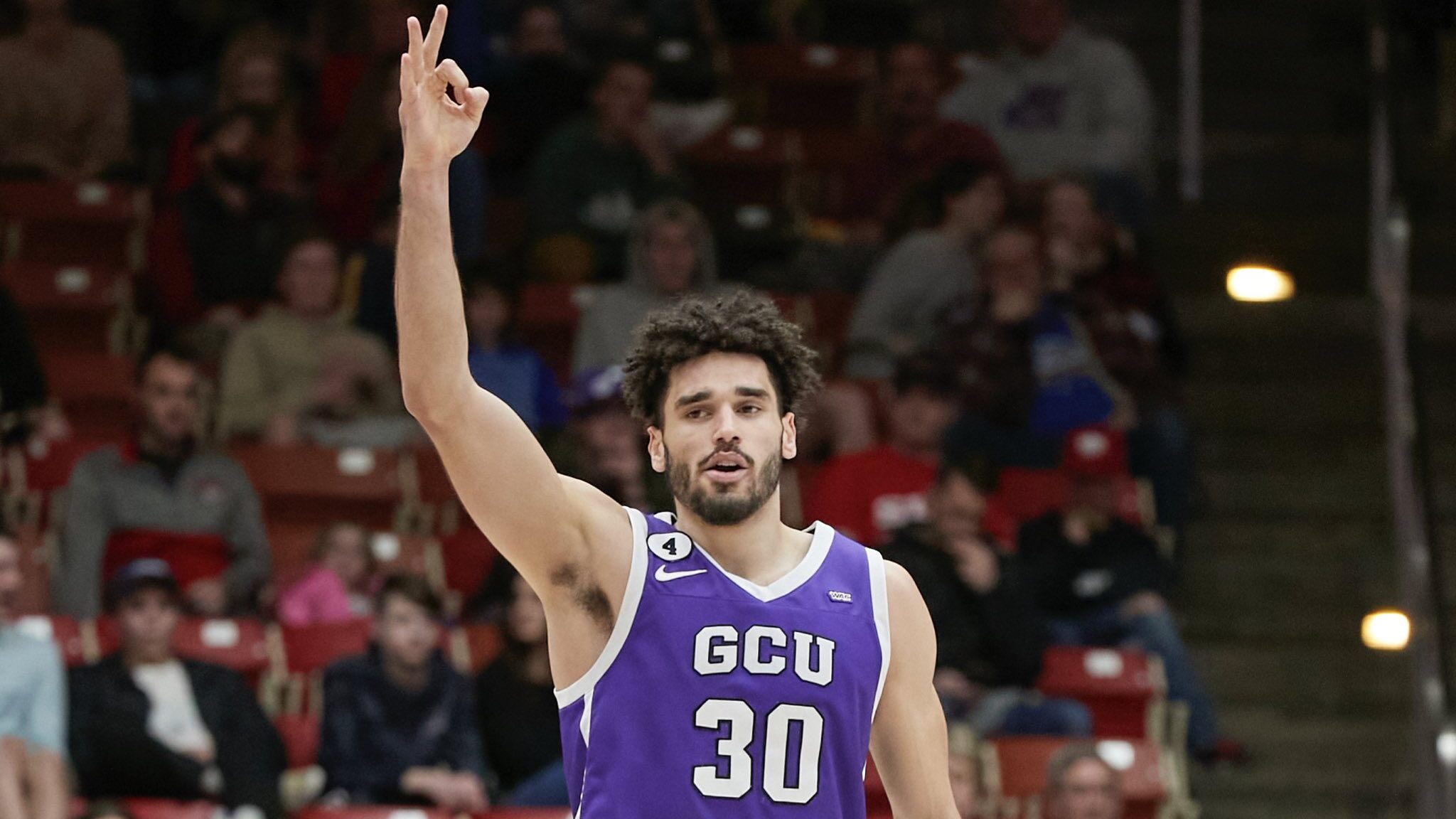Arizona House panel advances bill allowing sports betting
Feb 10, 2021, 9:30 AM

(AP Photo/Wayne Parry)
(AP Photo/Wayne Parry)
PHOENIX (AP) — An Arizona House committee on Tuesday advanced a proposal that would allow betting on professional and college sports at tribal casinos and sites owned by pro sports teams after hearing from teams and the tribes that back the deal Gov. Doug Ducey cut with tribes.
Associations representing bars, which have been hard hit by the pandemic, complained that they were being left out of new opportunities, which include new Keno games and fantasy sports wagering. They said existing big operators will get added revenue while the bars are either closed or operating under severe restrictions because of the coronavirus.
“How can it be that in Arizona that only the big players seem to benefit while small businesses operating with restrictions and being asked to operate under reduced capacity for the foreseeable future are not even mentioned in this bill,” David Delos, president of the Arizona Licensed Beverage Association, told the House Commerce Committee.
The proposal from Rep. Jeff Weninger would allow pro sports teams like the Arizona Diamondbacks and tribes that already run casinos to have sports betting operations. It also would legalize fantasy sport betting from online operators. And it would allow new betting at horse racing tracks and groups like the VFW, which would be allowed to sell Keno tickets.
Delos and other bar and restaurant owners who complained about being left out of the bill got some support from legislators.
Democratic Rep. Diego Espinoza of Tolleson joined eight others in voting for the bill but said he wanted to see bars and possibly restaurants included and may not back the measure in the full House if they are not.
Democratic Rep. Pamela Powers Hannley of Tucson noted that she was “an outlier” when she cast the lone no vote. She said she was concerned about data privacy from online gambling operations and about the potential costs of problem gambling.
“Gambling is an addiction,” Powers Hannley said. ”People lose their homes and their livelihood from gambling. I think we need to realize that we could have unintended consequences from expansion of gambling.”
Ducey’s office has released scant details of the deal with tribes that updates expiring 2002 compacts. He sent his top lawyer, Anni Foster, to tout the legislation needed to put it in place. She said the legislation is needed to legalize new off-reservation gambling that tribes are allowing as part of the renegotiated compact.
The new wagering options have been widely anticipated since Ducey announced “an opportunity for a modernized gaming compact that will bring in more revenue for our tribal nations and our state budget,” in his State of the State address last month. Ducey has worked on a new deal with tribes for several years, hoping it can boost state revenue by allowing gambling outside of tribal-run casinos.
Representatives from all the major Arizona pro sports teams back the measure, which would allow them to operate sports books inside and near their venues. Amilyn Pierce of the Arizona Diamondbacks noted that teams in states with legalized sports betting are bringing in added revenue that hurts the competitiveness of Arizona teams.
“We cannot allow Arizona to fall behind, putting our sports teams at a significant disadvantage in a competitive market,” Pierce told lawmakeers.
Major Arizona tribes back the proposal, which would allow them to add new table games as well as betting on pro and college sports. An undisclosed number of new casinos could be built in metro Phoenix.
The state will take in about 8% of the new non-tribal gambling profit, which will go to the general fund. Money from a maximum 8% tax on tribal gaming profits goes to special state accounts and local governments.
Kelsey Lundy, a lobbyist representing the three largest fantasy sports betting companies, say they estimate as much as $42 million a year in new state revenue.







